Publications
Articles, publications, books, tools and multimedia features from the U.S. Institute of Peace provide the latest news, analysis, research findings, practitioner guides and reports, all related to the conflict zones and issues that are at the center of the Institute’s work to prevent and reduce violent conflict.
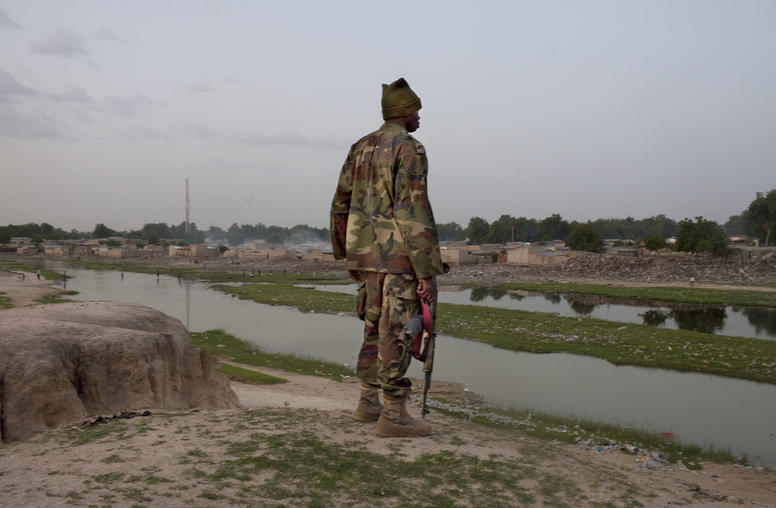
Nigeria Should Build Peace Like it Fights Coronavirus
Nigerian leaders struggling to reduce violence in the country’s myriad conflicts should take some lessons—from their own response to the coronavirus. While Nigeria’s COVID-19 ordeal is still unfolding, its eventual casualties unknown, the Nigeria Center for Disease Control (NCDC) and several governors have modeled the ways to reduce catastrophic outbreaks. The simple existence of a national prevention center with sustained resources has proven critical. Key officials have applied vital principles, acting at the first sign of danger and keeping the public widely informed. These are precisely the ways to confront Nigeria’s other national plague—of violence.
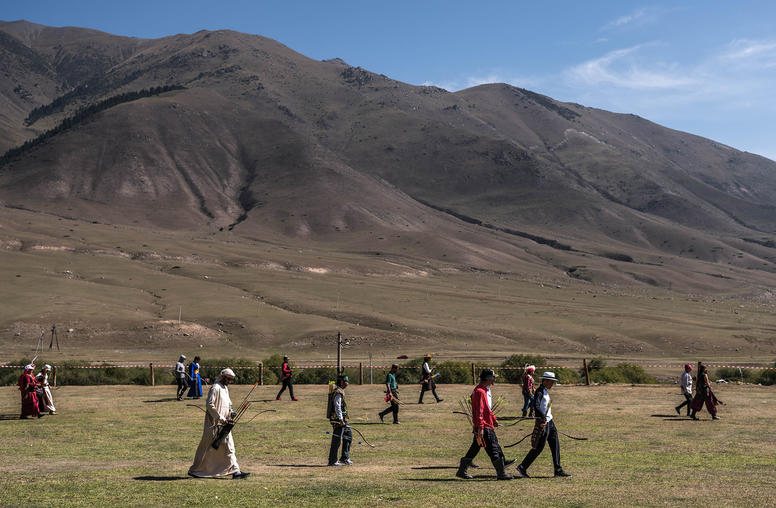
Central Asia and Coronavirus: When Being Nomadic Isn’t Enough
“Do you know how nomads prevent conflict?” a Kazakh friend once asked me. “I turn this way; you turn the other way. We start walking.” In ordinary times in Central Asia, this traditional “social distancing” may be enough to avert friction. But in a time of pandemic, it isn’t. Like elsewhere, the novel coronavirus is challenging Central Asian states and societies in new ways and revealing a great deal about the character of peoples and their governments. Here’s a look across the region at how the crisis has affected its states and how leaders have responded.

Steve Hege on Venezuela and Colombia During Coronavirus
After the U.S. indictment of Venezuelan President Nicolas Maduro, USIP’s Steve Hege looks at how the political crisis in Venezuela endangers vulnerable populations as well as neighboring Colombia amid the coronavirus pandemic.
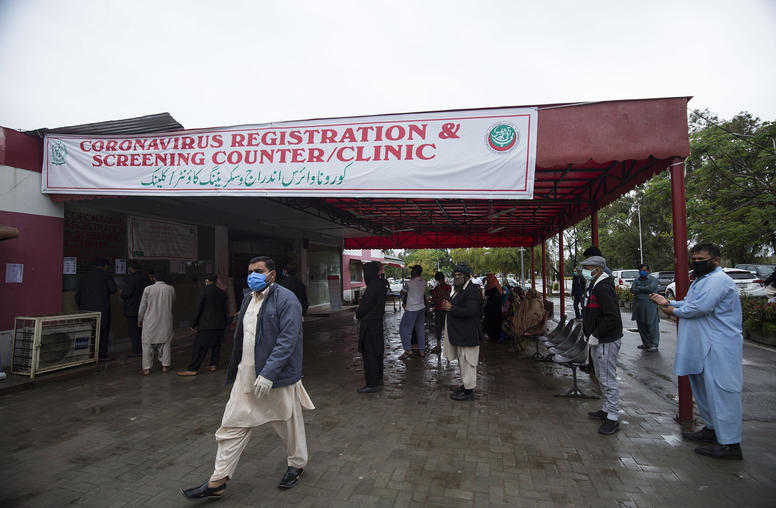
Pakistan’s Looming Coronavirus Crisis
In the weeks since Pakistan’s first confirmed cases of coronavirus, the country’s response has laid bare troubling weaknesses in governance, public health, and economic stability—and raised serious questions about Pakistan’s capacity to weather a large-scale outbreak absent significant international assistance. USIP’s Cyril Almeida and Ambassador Richard Olson look at how friction between the military and federal government poses a risk to Pakistan’s democracy, the possible avenues for medical and economic relief, and what COVID-19 means for the situation in Kashmir and Pakistan’s role in the Afghan peace process.
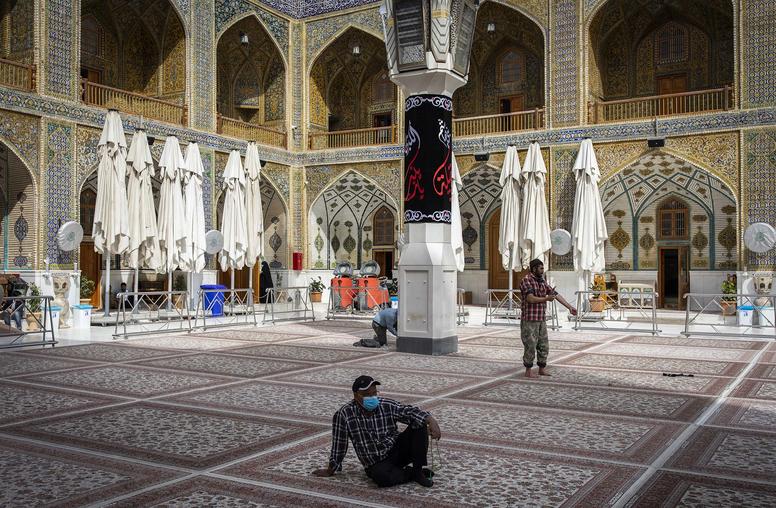
Six Challenges Facing a Fragile Middle East Amid Coronavirus
The COVID-19 pandemic has proven a challenge even for wealthy countries with the most robust health care systems. For the Middle East—a region with no shortage of dangerous pre-existing conditions—it could be far worse. The virus now appears to be spreading to a part of the world where, over the past decade, conflict and displacement have become widespread while effective governance and social cohesion have eroded.
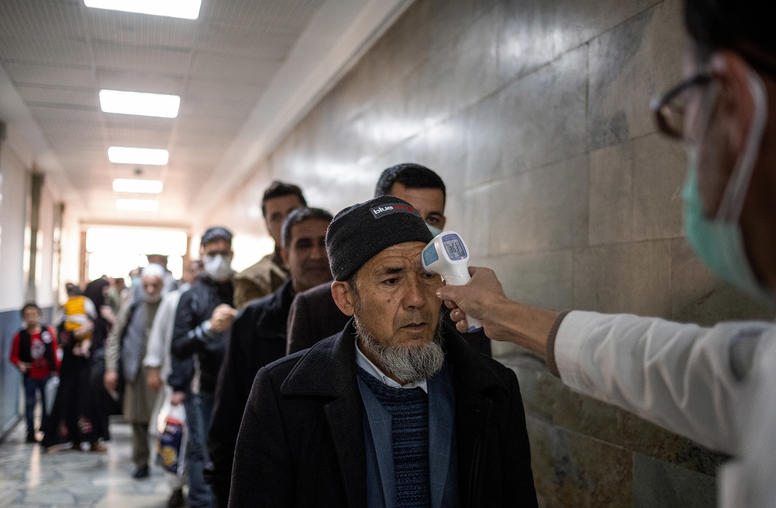
Don’t Leave Fragile States Behind in the Fight Against Coronavirus
Since the World Health Organization declared COVID-19 a global pandemic, the virus has demonstrated it can infect anyone, anywhere. The disease has affected 179 countries and regions and has spread to all 50 U.S. states. Yet if the pandemic has spread far and wide, its impacts have not been the same everywhere. The disease may be taking radically different trajectories, even among wealthy countries. While it may be too early to tell how the disease’s spread will play out in specific countries, one thing is certain: the world’s fragile states—where the social contract between citizens and the state is severed or weak—are likely to be the hardest hit, and that could pose a significant risk to the global pandemic response.
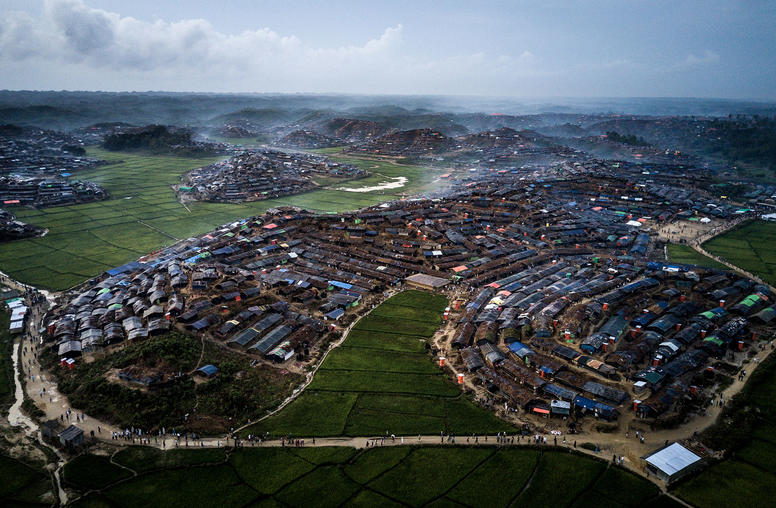
The Coronavirus Requires Global Cooperation—Now
As the world’s privileged cope with the COVID pandemic through telework and sheltering at home, millions of people face grim struggles for survival, packed into informal settlements or camps for people already displaced in war-torn or fragile states. Governments have missed opportunities for a stronger international response, partly because of great-power rivalries. The economically powerful Group of 20 nations and international financial institutions have made a start at buoying the world’s economy—but other multilateral forums are mired in stasis. The U.N. Security Council should act to get ahead of the pandemic in fragile states and seize the moment to advance peace in some of the world’s most intractable conflicts.

Nancy Lindborg on the Impact of Coronavirus in Fragile States
As COVID-19 cases appear in the Middle East and Africa, USIP’s Nancy Lindborg talks about opportunities for peace amid the humanitarian and security risks posed by an outbreak. “The hope is that everyone uses this opportunity to put down their arms and think differently about conflict,” says Lindborg.
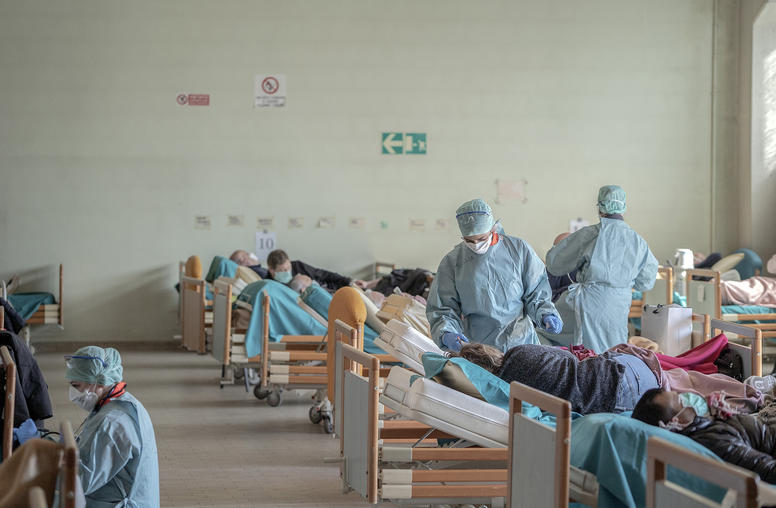
Amid Global Coronavirus Outbreak, What About Refugees?
With COVID-19 officially labelled a global pandemic, the focus for many countries has turned toward protecting their most vulnerable populations. But what about camps for refugees and internally displaced persons (IDPs)? Many camps lack the resources to maintain their already poor infrastructure, and the threat of a COVID-19 outbreak puts millions of displaced persons in a dangerous position. USIP’s Fouad Pervez looks at the unique risks that COVID-19 poses to refugees and IDPs, the impact an outbreak among these groups would have on the global pandemic, and what the international community can do to protect them.
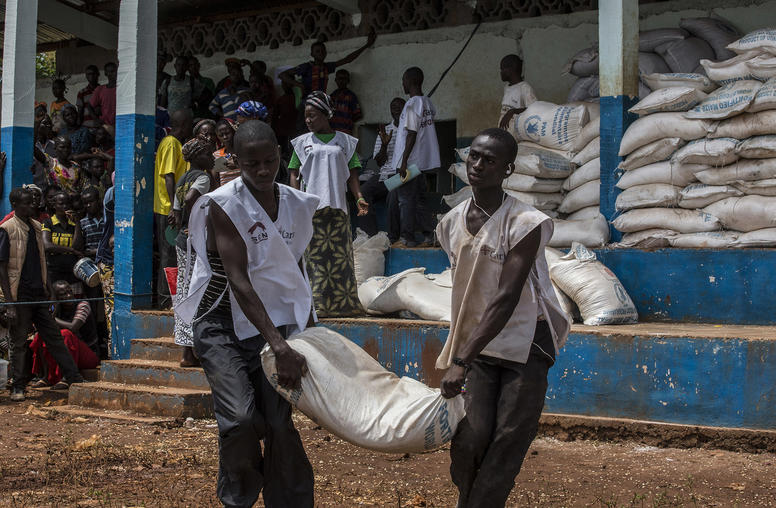
The Role of Aid and Development in the Fight Against Extremism
Extremist groups thrive in fragile states where basic needs go unmet. Development efforts can address the conditions that make people vulnerable to extremism. If you look at a map of where terrorist groups operate and where terrorist attacks occur, you will find that many coincide with locations of intractable conflict and deep development deficits. Low human development indicators, stark disparities in opportunity and access to resources, poor or scattered governance, and a history of conflict and social marginalization feature prominently among afflicted communities.